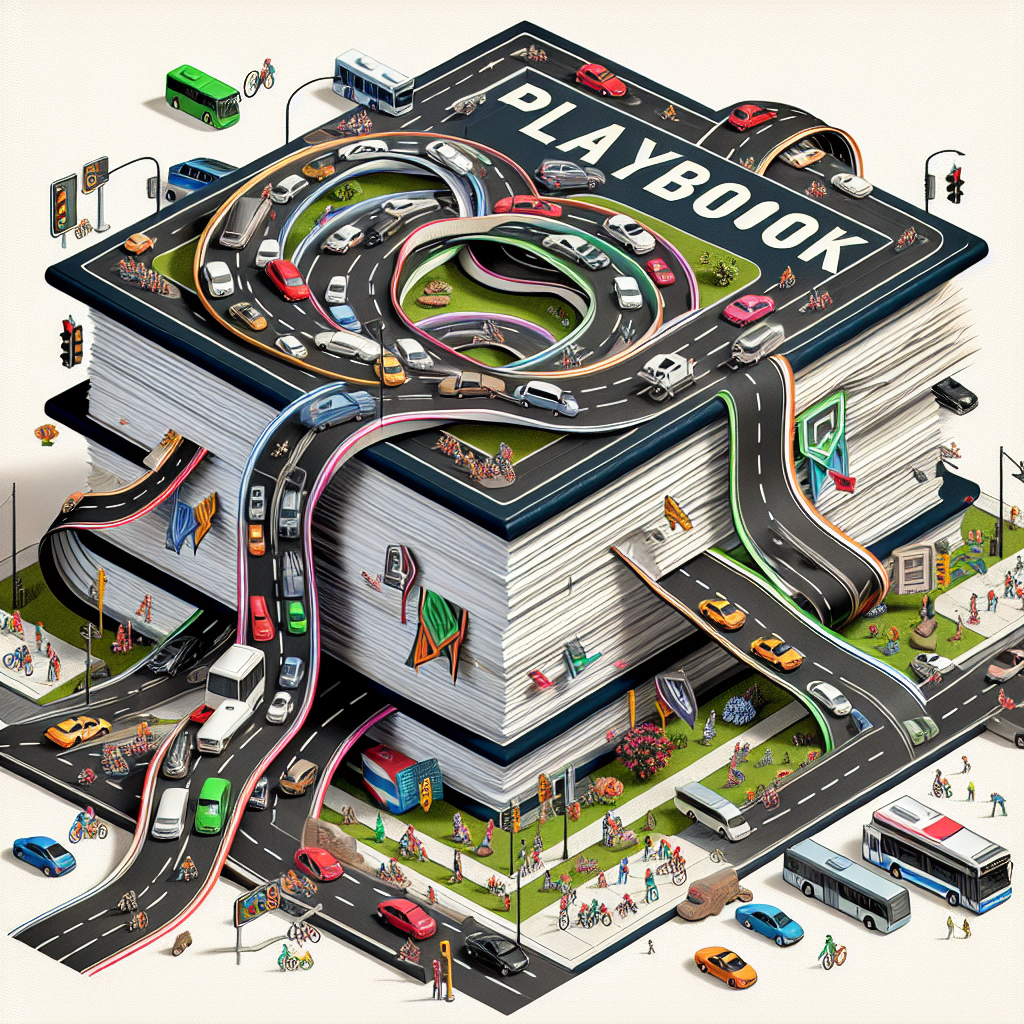In a stunning twist on our mundane realities, an ensemble of tech innovators aims to rewrite the playbook on how we tackle traffic congestion. Their vision lights up our collective imagination, as if releasing an overture to a grand performance unfolding on the highways.
Performing daily in gridlocked streets and chaotic intersections, automobiles take centre stage in our modern lives. Yet, it is not until now that technology’s role in transforming this plot has been dramatized.
Technology Overview
New-wave technological solutions chime like opening notes to a well-scored symphony against urban cacophony. Affectionately called ‘The Maestro’, this artificial intelligence (AI) powered orchestration platform promises better management of existing roadways instead of constructing new ones or expanding current infrastructure.

Current State of The Art
The age-old art of city planning has always had its nemesis: vehicular congestion. Historically, approach roads were widened or flyovers constructed to alleviate the problem. However, these methods are akin to improvisational jazz — variable results with no assurance for long-term harmony.
Key Innovations
‘The Maestro’ revolutionizes by conducting real-time traffic operations with deft precision across all road networks—arterial routes or small inside lanes alike—offering timely detour suggestions and predictive modelling for easier commuting periods ahead.
Market Adoption
Bidding farewell to critics who disregarded it as another box office flop waiting to happen, ‘The Maestro’ took the stage by storm in cities across Europe and Asia — its performance eliciting rave reviews.
Technical Challenges
Maintaining this maestro’s tune involves overcoming barriers of data privacy, securing reliable connectivity for real-time updates, and ensuring accurate predictive modelling to orchestrate a smooth traffic symphony.
Industry Applications
While our narrative is woven around urban landscapes, the underlying technology extends beyond. Supply chain management, healthcare coordination, or event logistics could all potentially benefit from these algorithmic ballets.
The encore performance would see ‘The Maestro’ collaborating with intelligent transportation systems (ITS) to expand its repertoire and include smart parking solutions among others.
The societal reverberation will echo widely: reduced stress levels due to less time spent in traffic; increased economic efficiency for businesses that rely on roads; improved air quality due to lower emissions — creating hope where chaos once reigned supreme.
In a world careening towards more digital interfaces than human interactions, conversations around data security become as resonant as the promised benefits of ‘The Maestro’. Panellists argue it imperative that transparency march hand-in-hand with transformation to maintain ethical harmony within society.

